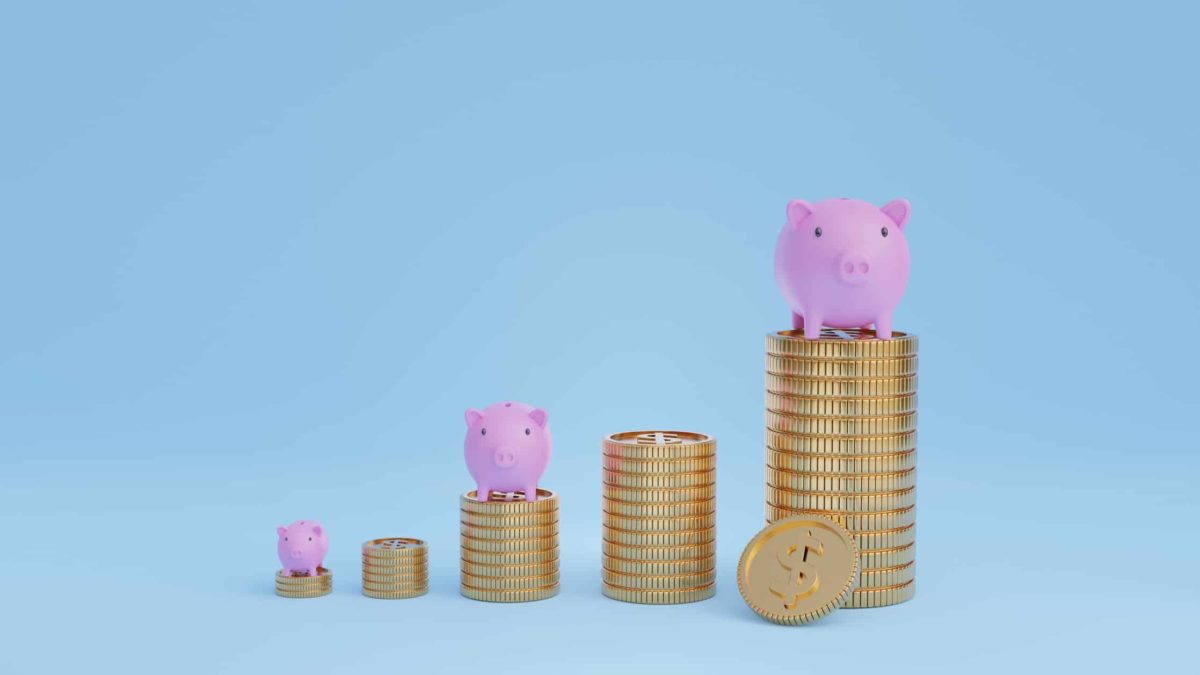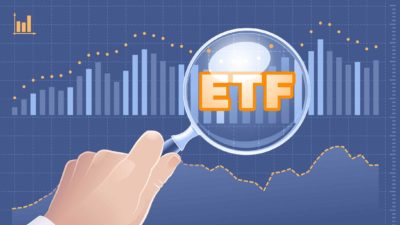With almost-zero interest rates and the COVID-19 recession, investing for yield is a difficult game at the moment.
Many investors, especially older ones who don't wish to expose themselves to excessive risk, rely on yield for their day-to-day living.
But the low interest environment doesn't seem like it's disappearing anytime soon. Meanwhile growth shares have taken off, even after the coronavirus crash in March.
Some experts have therefore suggested growth shares might have become the new way to nab regular income.
Nucleus Wealth head of investments Damien Klassen is one of them, saying income investors will be "needing more growth assets" than they are used to.
But the higher risk of growth shares will mean closer daily scrutiny of the portfolio.
"We think you're going to need higher levels of portfolio management," he said in a Nucleus Wealth webinar.
"If you just took a 'set and forget' [approach] and just went 'Yep, I'm just going to dump my money into a 60-40 portfolio and see you in 20 years' time', we think your returns are going to be relatively poor."
Evergreen Consultants founder Angela Ashton agreed.
"It's definitely nowhere near as easy as it used to be… Capital gains, in an attack sense, is a better place to be."
But she warned that growth is not as reliable and consistent as traditional sources of yield.
"The fact that you can't count on it, year after year, to be a set level is obviously an issue. Whereas yield [investing] had that characteristic."
Capital gains tax discount vs franking credits
The big psychological tug for yield investors is the preservation of investment capital. If they switch over to growth stocks, they will have to sell down regularly to attain income.
Klassen pointed out an obscure benefit that could help them get over the mental hurdle.
"For a lot of people, capital gains will end up being taxed lower than income," he said.
"So if it's a matter of saying I'm picking up a little bit of extra capital gains but then I'm selling a few assets every year in order to meet my living standards, then there might actually be tax advantages rather than disadvantages."
He said the reluctance to sell down is "a mindset" that has to change for income investors in the brand new world.
Ashton said a lot of retirees hate depleting their capital.
"But the reality is, a lot of people have to… People should expect to eat into their capital to maintain their standard of living usually."
No choice but to go growth
Before the global financial crisis in the late 2000s, defensive investments both protected capital and generated yield, according to Ashton.
But those days are now gone.
"I'm not sure if you remember, but during the GFC you could still get a 5-year term deposit yielding 7%," she said.
"The defensive part of your portfolio — now you really have to think about whether you want it to be defensive or generate income. If it's to generate income, it's probably not all that defensive."
So with this dilemma, yield investors were forced onto dividend shares. But even dividends have been slashed after COVID-19.
"Australian equities have been the highest dividend yielders in the world for over 100 years. That's not so much the case anymore."









